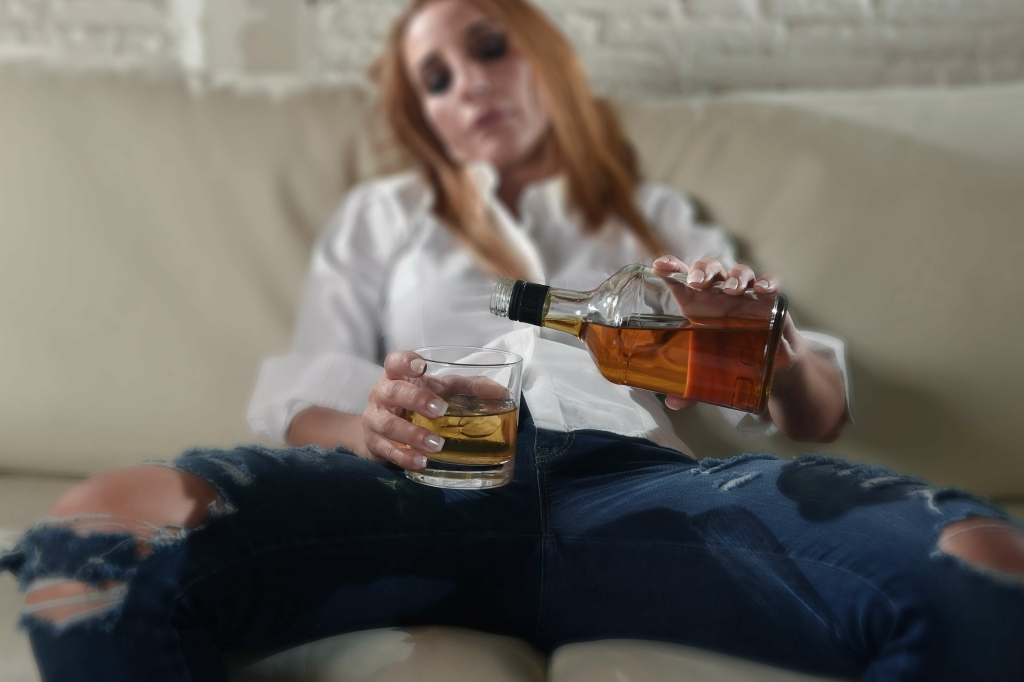Content
Don’t expect your loved one to overcome a drinking problem alone. Even if they don’t require medical supervision to withdraw safely, they’ll still need support, guidance, and new coping skills to quit or cut back on their drinking. Don’t cover up for your loved one or make excuses for their behavior. Trying to shield them from their responsibilities will only prevent them from seeing the negative consequences of their drinking and could delay them deciding to get help for the problem.
But McArdle is still in contact with her father and helps with his care at a nursing home, where he is suffering from early onset dementia because of his drinking. 19To be fair, since full blown reduction never occurs, the geneticist should not claim reduction, but something like the further specification of mechanisms at the lower level that explain partly why the brain is doing what https://ecosoberhouse.com/ it is doing. Similar humility on the part of those who work on the neuroscience of addiction would claim to provide insight into some of the mechanisms involved in addiction. A person commences a behavior that is potentially harmful or deleterious. They consume a deleterious drug or other chemical substance or gamble. George Graham was helpful at every stage of writing this paper.
What Is Shame In Recovery?
But in real life, a person who loses control of their emotions when they drink is anything but entertaining. People spend years in therapy and in treatment for issues of their own that are caused by the consequences of this behavior.
Your Regret Won’t Change the Past. These Tips May Save Your Future. – ADDitude
Your Regret Won’t Change the Past. These Tips May Save Your Future..
Posted: Wed, 15 Jun 2022 07:00:00 GMT [source]
Rational governance refers to the capacity of persons to determine what we have reason to do, what makes sense to do given our aims, interests, and the way the world is. Moral governance is the capacity to judge some of the things we do as good or bad, right or wrong. The third is a psychoanalytic attachment theory based upon a baby’s attachment to its mother and significant caretakers. When there’s a disruption in that attachment, an infant may feel unwanted or unacceptable early on. According to some research, “shaming dynamics” can affect the quality of a child’s attachment in the first 6 months of life. Research also has shown that a propensity for shame varies among children of different temperaments.
Passive-Aggressive Anger
The cyclical nature of alcohol abuse has often been noted, as having a parent with an alcohol problem can significantly raise the risk of alcoholism in adulthood. This is often attributed to genetic factors, but at least part of the connection is environmental and a sign of the confusing emotional baggage carried by men and women who were raised in alcoholic homes. Loved ones are also put through the ringer, and the emotional impact of alcoholism on families can be powerful, debilitating, and overwhelming. Fortunately, treatment for alcoholism alcoholism and anger works and can improve the lives of everyone who suffers from the effects of this terrible disease. It’s not about feeling ashamed or guilty about the emotion, but rather accepting that it’s tied to unhealthy behaviors which are no longer welcome in a life of sobriety and improved well-being. Confusion – The alcoholic parent will change suddenly from being loving to angry, regardless of the child’s behavior. A regular daily schedule, which is very important for a child, does not exist because bedtimes and mealtimes are constantly changing.

Alcoholism is a humiliating problem, and alcoholics will go to great lengths to hide the truth from others to prevent being embarrassed. Volatile, which escalates into unpredictable verbal, emotional, or physical abuse. Depression – The child feels lonely and helpless to change the situation. Embarrassment – Parents may give the child the message that there is a terrible secret at home.
Shame: The Core of Addiction and Codependency
“Gathering your power before you respond to anger takes awareness and restraint. Admittedly, it’s hard to surrender the need to be right in favor of love and compromise. But, little by little, surrendering these reflexive instincts is a more compassionate, evolved way to get your needs met and keep relationships viable if and when it’s possible.” ~Dr. Judith Orloff As Dr. Orloff points out, overpowering anger is extremely difficult. The same goes for alcoholism – and overcoming both of them at the same time can seem daunting. With the right kind of help, you can put anger and alcoholism behind you and move toward a happier, healthier life. Addiction is a person-level disorder – actually a person-in-a-particular-social-world disorder – in which there is failure of normative governance by rational norms of narrative or biographical integration and moral norms.

The tool yields mean scores in three forms of coping, namely, engaged coping, tolerant coping, and withdrawal coping. Engaged coping is coping by standing up to the problem , tolerant coping is inactive coping by putting up with the problem , and withdrawal coping is withdrawing from the problem and gaining independence . The mean scores can be obtained by simply summing up the individual items score on each subscale.
“We accept many health insurance plans. You can get your life back in order with our outpatient program today!”
Addiction is a person-level phenomenon that involves twin normative failures. It is part of the shape of addiction, part of the normal phenomenology of addiction, and often a source of motivation for the addict to heal. Furthermore, the model does not re-moralize addiction. Almost all addicts experience failures of basic agent capacities, for example, in the first criteria of DSM 5 there is a failure to do what one reflectively intends. The non-addict will get that the addict might fail if a drink or drug is right in front of her . But the addict will decide, indeed she will resolve not to purchase alcohol or cocaine and then find herself driving to the liquor store or crack house. This is shameful and is experienced as such both on the way to score, although in something of a blur, and afterward.
This leads to marked reduction in the social engagements. The wives of alcoholic clients also report general social dysfunction.
